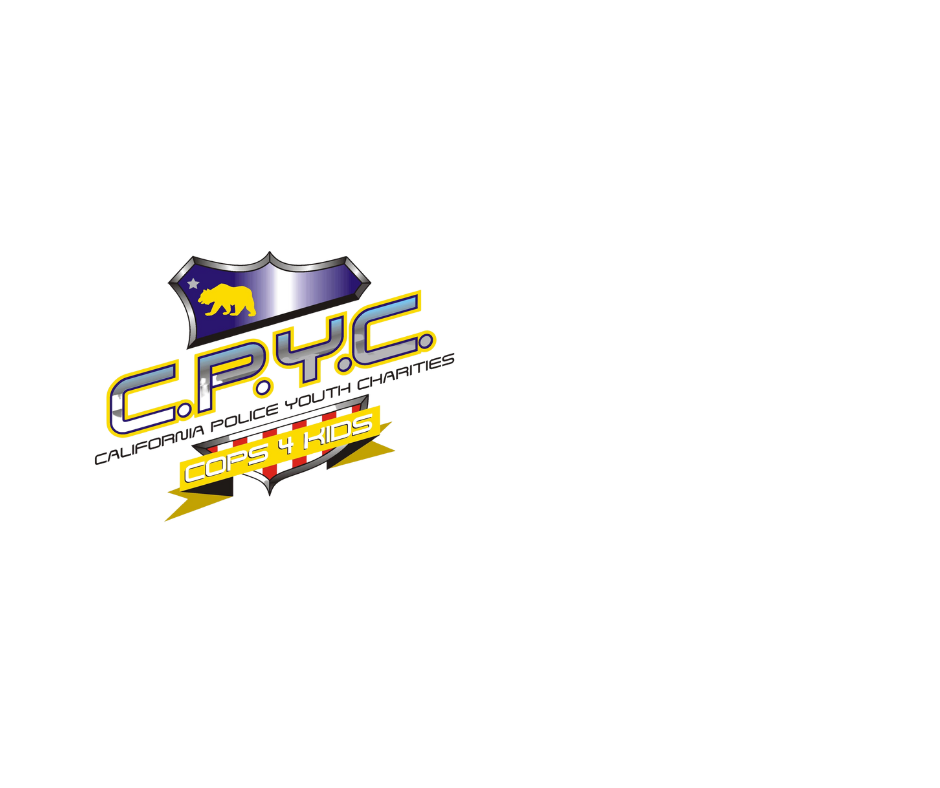California Police Youth Charities Policy for Board Approval of Compensation
The Executive Director of California Police Youth Charities (CPYC) (the “Nonprofit”) is the principal representative of CPYC, and the person responsible for the efficient operation of the Nonprofit. Therefore, it is the desire of the Nonprofit to provide a fair yet reasonable and not excessive compensation for the Executive Director (and any other highly compensated employees and consultants).
The annual process for determining compensation is as follows: The Nonprofit shall [either the full board or a compensation committee/executive committee] annually evaluate the Executive Director on his/her performance, and ask for his/her input on matters of performance and compensation.
Board Approval. The [human resource or executive committee] will obtain research and information to make a recommendation to the full board for the compensation (salary and benefits) of the Executive Director (and other highly compensated employees or consultants) based on a review of comparability data. For example, the [human resource/executive/compensation] Committee will secure data that documents compensation levels and benefits for similarly qualified individuals in comparable positions at similar organizations. This data may include the following:
Salary and benefit compensation studies by independent sources;
Written job offers for positions at similar organizations;
Documented telephone calls about similar positions at both nonprofit and for-profit
organizations; and
Information obtained from the IRS Form 990 filings of similar organizations.
Concurrent Documentation. To approve the compensation for the Executive Director (and other highly compensated employees and consultants) the board must document how it reached its decisions, including the data on which it relied, in minutes of the meeting during which the compensation was approved. Documentation will include:
a) A description of the compensation and benefits and the date it was approved;
Copyright © 2010 National Council of Nonprofits
This information is for educational and informational purposes only and should not be considered
legal or other professional advice for specific matters. Prior to adapting this sample document for their own use, nonprofits should seek the advice of their own professional advisors.
b) The members of the board who were present during the discussion about compensation and benefits, and the results of the vote;
c) A description of the comparability data relied upon and how the data was obtained; and
d) Any actions taken (such as abstaining from discussion and vote) with respect to consideration of the compensation by anyone who is otherwise a member of the board but who had a conflict of interest with respect to the decision on the compensation and benefits.
Independence in Setting Compensation: The Chair of the Board of Directors, who is a volunteer and not compensated by the Nonprofit, will operate independently without undue influence from the Executive Director.
No member of the Executive or Human Resources Committee will be a staff member, the relative of a staff member, or have any relationship with staff that could present a conflict of interest.
Copyright © 2010 National Council of Nonprofits
This information is for educational and informational purposes only and should not be considered
legal or other professional advice for specific matters. Prior to adapting this sample document for their own use, nonprofits should seek the advice of their own professional advisors.

